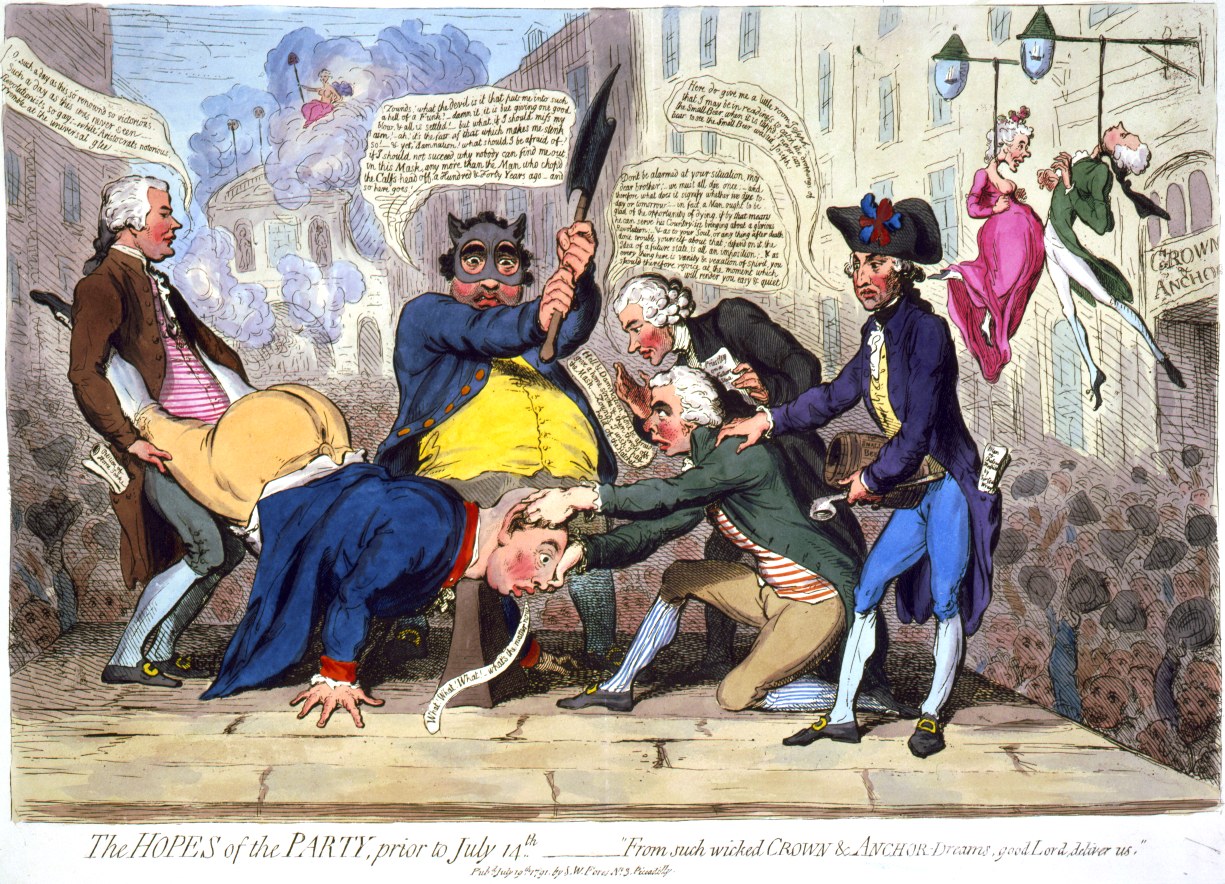A project in the The Intersection between Democracy and Human Rights research progamme
Read more about Research at the Bonavero Institute

Partisanship and the Constitution is a new joint research project by Udit Bhatia, Ewan Smith and Leah Trueblood of the Bonavero Institute, with generous support from Jesus College, the Law Faculty’s Programme for the Foundations of Law and Constitutional Government and the British Academy. It looks at how the constitution regulates political parties.
About the Project
The architects of the first modern constitutions thought their new structures could transcend partisanship. George Washington spoke of the “baneful spirit of party”, and the Marquis de Condorcet said “one of the primary needs of the French republic is to have none.” Two hundred and forty years later, many people are still concerned about the tension between partisan loyalty and constitutional duty. Nevertheless, political parties play an important role in almost all constitutional orders.
Modern constitutions have largely acknowledged the need to accommodate partisan behaviour, but many constitutional orders remain ambivalent, and at times hostile, towards political parties. Parties are enigmatic subjects of constitutional law. They can be private subjects, with private rights. They can be public utilities, bearing public duties. They can have privileged access to the state. They can be insulated from state organs like the judiciary. Yet, they are only intermittently assigned formal constitutional powers and duties, and they are often overlooked altogether.
In the course of this project, we will address a series of issues about political parties, partisanship, and the constitution:
- How political parties use power;
- The role of political parties in the process of constitutional change;
- The impact of federalism, subsidiarity, and transnational governance on political parties;
- How political parties address disagreement and aggregate political will.
We are interested in these issues in general, and also as they apply to particular jurisdictions.


